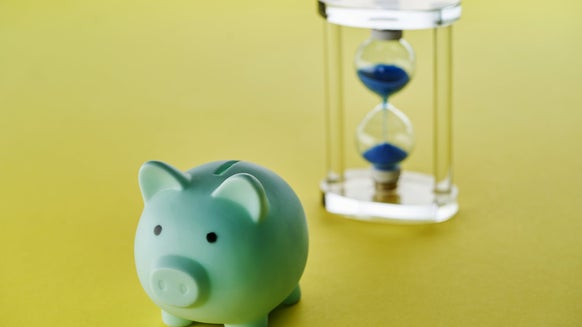6 Steps To Help Your Pet’s Separation Anxiety When You Return To Work
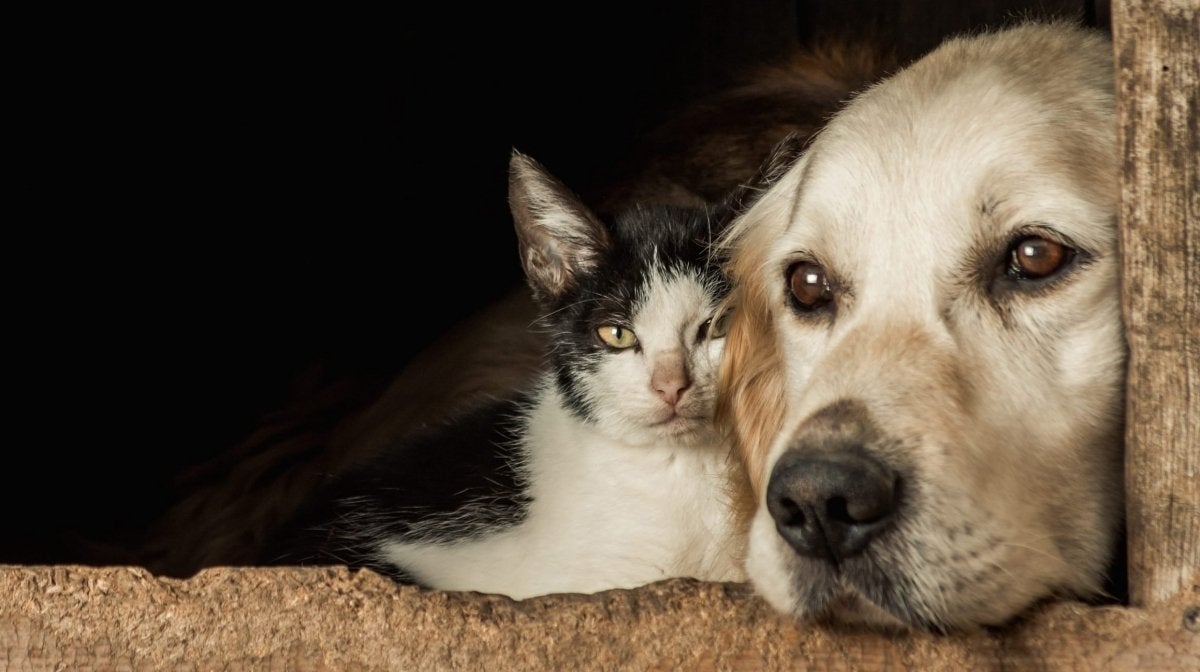
With us all spending much more time at home over the last year, we took refuge in the company of our beloved pets and for 3.2 million households who couldn't they decided it was the prime time to welcome their firsts. From then on the term lockdown dog/cat was coined, meaning they are extremely loyal, loving pets, who is also very attached to the idea that you will always be at home.
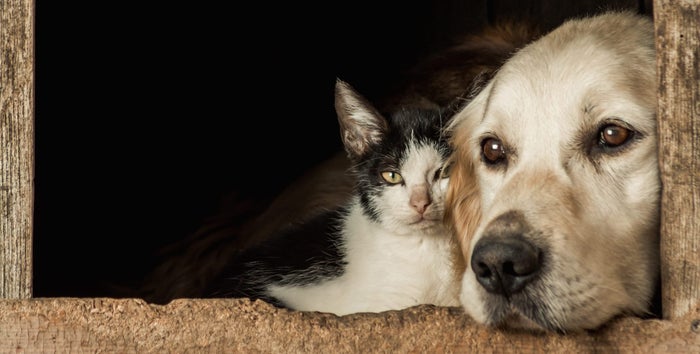
How long can I leave my pet?
Before we try and tackle your pets behaviour, we should first acknowledge how long domestic animals can be left unattended. Firstly, puppies/kittens shouldn’t be left alone any longer than 2 hours, dogs older than 18 months old are able to be left from 2-4 hours in a day, and finally older dogs 2-6 hours. Providing a cat is left with a clean litter tray, fresh wate
Does your pet have separation anxiety?
It’s very easy to think your pet has separation anxiety because they are always close by when your home, they get sad when they notice you are getting ready to go out, and finally they are sitting by the front door watching you leave. Whilst the previous can be signs for separation anxiety, we must remember just as much as we love our pets, they love us the same if not more and us going out is the equivalent to their best friend having plans without them. We all know how rubbish that can feel. If they don't have separation anxiety they will soon settle down and be able to enjoy the peace and quiet. If that isn’t the case for you and your pet here are some other key signs to look out for:
Dogs
- Increased activity
- Soiling in the home
- Barking or howling
- Increased breathing rate/panting and salivating
Chewing or scratching at the door, or other areas in your home.
Cats
- Increase/excessive meowing, crying or moaning
- Eating too fast/not eating at all
- Excessive self-grooming
- Soiling outside of their litterbox
- Over excitement on your return
- Vomiting food/hairballs
Destructive behaviour to your home 
6 Steps to Help Overcome Separation Anxiety
As you plan your return to the office, it's important to think what can you be doing to make your pet feel at ease when home alone. Firstly, there is no quick fix to separation anxiety, and no two pets will be the same, so don't worry if someone else’s pet gets to grips with these processes quicker than yours, it might be hard work but to keep your pets calm and happy it will all be worth it, here are 6 tips to help. 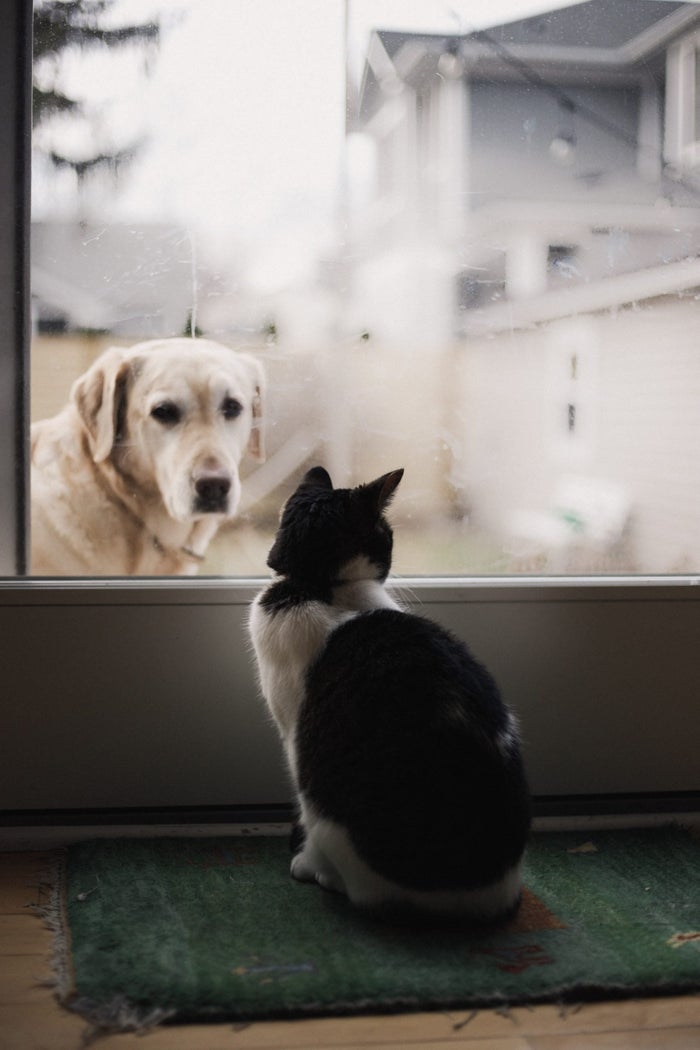
- Create a little haven for them. Either a crate, cosy space, bed, wherever your pet will be able to relax and feel safe.
- Start with shorter absences. Such as, go for a 30-minute walk alone, and then slowly increase the time you're away so it’s less daunting.
Make it less of a big deal.... An idea is to start picking your keys and coat up but don’t go out, this will eliminate your pet noticing triggers. When you do come home don’t make too much of a fuss, down play it. Make sure all their needs have been met before you leave, they are fed, watered, and walked. - Use enrichment toys. If entertained your pet is less likely to notice that you aren't there and a bonus is they will associate being alone with a positive/treat.
- Leave the TV/Radio/Music on. It can be associated to human noise and gives them a familiar feeling, making them feel less alone.
Extra hint!
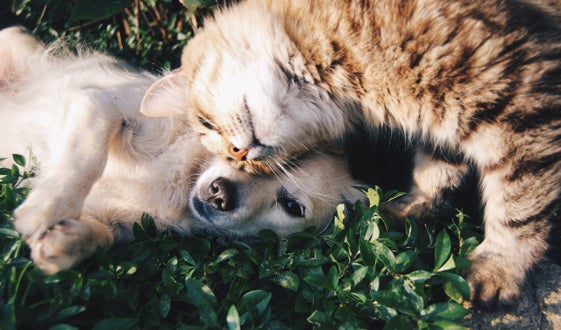
If you are looking for a new pet, please remember that their future health and happiness is in your hands.
They will look to you for love, care and attention every day for many years to come. Please be sure you can provide this. If you can offer a new, loving and stable home then click here.








